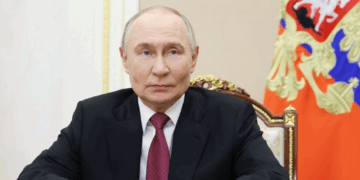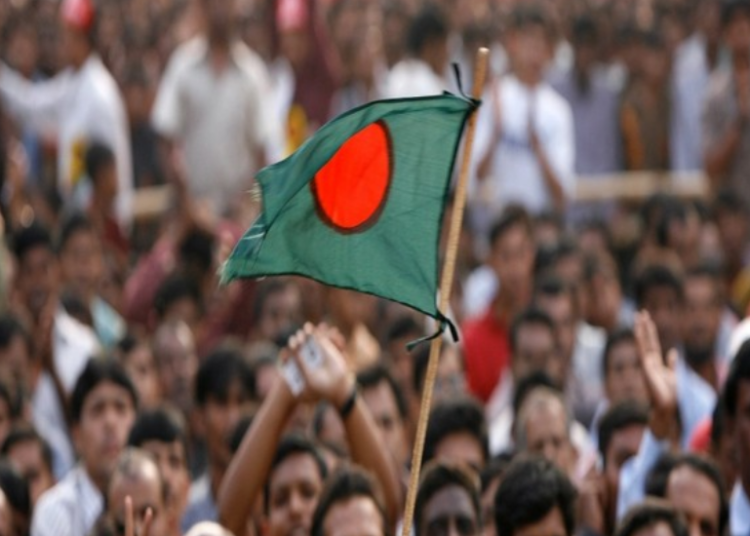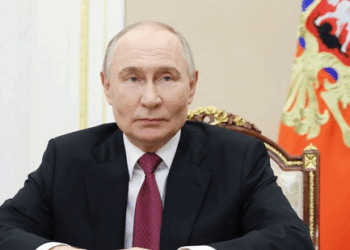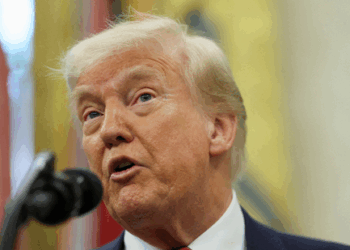Introduction: Rights activists convened at an event organised by Global Human Rights Defence (GHRD) on the sidelines of the 54th session of the UN Human Rights Council (UNHRC) to advocate for international recognition and awareness of the 1971 Bengali genocide in what is now Bangladesh. The event aimed to shed light on the atrocities and ensure justice for the victims of this historical tragedy.
Event Highlights:
- Global Human Rights Defence (GHRD), an international Non-Governmental Organization based in The Hague, Netherlands, hosted the event.
- The event sought to raise global awareness and promote justice for the victims of the 1971 Bengali genocide.
- Diverse perspectives were presented by expert panellists during the event.
- Representatives from various delegations, including the Organisation of Eastern Caribbean States (OECS), Belgium, and the European Union (EU), participated.
- Over 80 individuals attended the event in person, and many more watched online.
Key Speakers and Their Contributions:
- Shradhanand Sital, GHRD Chairman: Sital opened the event by reminding attendees of the post-World War II commitment of “never again.” He highlighted the persistence of horrific crimes worldwide, such as those in Rwanda, the Balkans, and Bangladesh, emphasising the urgent need for NGOs and UN members to prioritise addressing these issues.
- Harry van Bommel, Dutch Politician and Human Rights Activist: Van Bommel shared findings from a Fact Finding Mission that visited Bangladesh in May 2023. He recounted conversations with victims and researchers of the 1971 Bengali genocide, including a 90-year-old woman who witnessed the killing of 43 people by the Pakistani Army. Van Bommel stressed the abundance of evidence supporting the conclusion that a genocide occurred in 1971. He announced plans to present these findings to institutions like the European Parliament and engage the Bangladeshi diaspora in raising awareness.
- Sanchita Haque, Deputy Permanent Representative of Bangladesh to the UN in Geneva: Haque addressed the staggering statistics of casualties, abuse, and displacement resulting from the genocide. She expressed the pain felt by the Bangladeshi people due to the international community’s failure to recognize the scale of these heinous crimes. Haque deemed it “obnoxious and unacceptable” that the genocide has not received international recognition despite Bangladesh observing March 25 as Genocide Day and establishing the Liberation War Museum in 1996 to advocate for recognition and justice.
- Anthonie Holslag, Lecturer at Vrije Universiteit in Amsterdam: Holslag, an expert in International Law and Genocide, provided an academic perspective on the matter. He discussed the importance of proving intent under international law and argued that the legal, social, and scientific evidence collected leaves no room for doubt about the classification of these crimes as genocide.
Call to Action: Chairman Shradhanand Sital concluded the event by emphasizing the need to support the initiative and advocate for justice on behalf of the victims. He reminded UN members of their duty to demand recognition and justice for these victims. The event highlighted the gravity of the 1971 Bengali genocide, which resulted in over 3 million casualties, 200,000 women raped, and 30 million people displaced, urging the United Nations and its frameworks to take substantial action.
Campaign for Recognition and Justice: The event served as a call to action, laying the groundwork for a campaign dedicated to achieving accountability and closure for the victims of the 1971 Bengali genocide. It underscored the urgent necessity for the international community and the United Nations to officially acknowledge this genocide after 52 years of denial, ignorance, and oversight.
Conclusion: Rights activists, experts, and representatives came together during the UN Human Rights Council event organized by GHRD to advocate for international recognition and awareness of the 1971 Bengali genocide. The event highlighted the urgency of addressing past atrocities and preventing their recurrence, echoing the commitment of “never again” made after World War II.








 India
India












